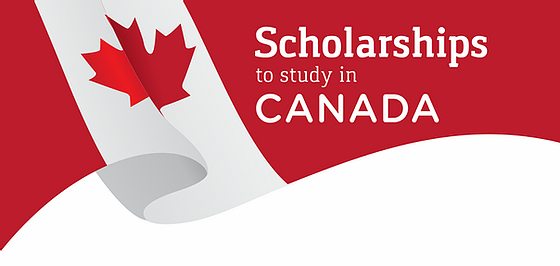Embarking on the journey of higher education in Canada and getting nursing jobs for foreigners in canada is a thrilling prospect for many aspiring students around the world. Scholarships play a pivotal role in making this dream a reality, providing financial support to deserving individuals. However, the road to securing a scholarship in Canada requires meticulous preparation, including the gathering of essential documents. In this article, we will explore the key documents needed for a successful scholarship application in Canada.
- Transcripts and Academic Records: One of the primary documents that scholarship committees assess is your academic record. Provide transcripts of your high school and any post-secondary education you have pursued. Ensure that these documents are official and include information about your grades, courses taken, and the institution’s name.
- Letter of Admission: Most scholarship applications require proof of acceptance from a Canadian educational institution. Include a copy of your letter of admission, as it validates your enrollment status and serves as a testament to your commitment to academic excellence in Canada.
- Resume/Curriculum Vitae (CV): A well-crafted resume or CV provides an overview of your achievements, extracurricular activities, volunteer work, and any relevant experiences. This document helps scholarship committees understand your holistic profile beyond academic accomplishments.
- Letters of Recommendation: Strong letters of recommendation from teachers, professors, or employers can significantly boost your scholarship application. These letters should highlight your character, academic prowess, and potential for success in your chosen field of study.
- Personal Statement or Essay: Many scholarship applications require a personal statement or essay. This is your opportunity to articulate your goals, aspirations, and the reasons you deserve the scholarship. Be sincere, concise, and showcase your unique qualities that set you apart.
- Proof of Language Proficiency: For non-native English or French speakers, demonstrating language proficiency is crucial. Include test results such as IELTS, TOEFL, or other recognized language proficiency exams, as per the language requirements of your chosen program.
- Financial Statements: Some scholarships are need-based, and therefore, applicants may be required to submit financial statements. These documents provide insight into your financial situation and help the committee assess your eligibility for financial aid.
- Passport and Visa Information: Ensure that you provide a copy of your passport and any relevant visa documentation. This confirms your eligibility to study in Canada and demonstrates your commitment to complying with immigration regulations.
- Extracurricular Certificates and Achievements: Showcase your talents and accomplishments outside the classroom. Include certificates or awards received for participation in sports, arts, leadership roles, or any other noteworthy achievements.
- Research Proposal (if applicable): For research-based scholarships, a well-thought-out research proposal may be required. This document outlines your intended research, methodology, and expected contributions to your field of study.
Conclusion:
As you embark on the exciting journey of applying for scholarships in Canada, meticulous preparation and attention to detail are key. Gathering and presenting the necessary documents not only showcases your qualifications but also reflects your commitment to the scholarship application process. Tailor your application to the specific requirements of each scholarship, and remember that each document serves as a piece of the puzzle in portraying your unique story and potential for success in Canadian academia.
